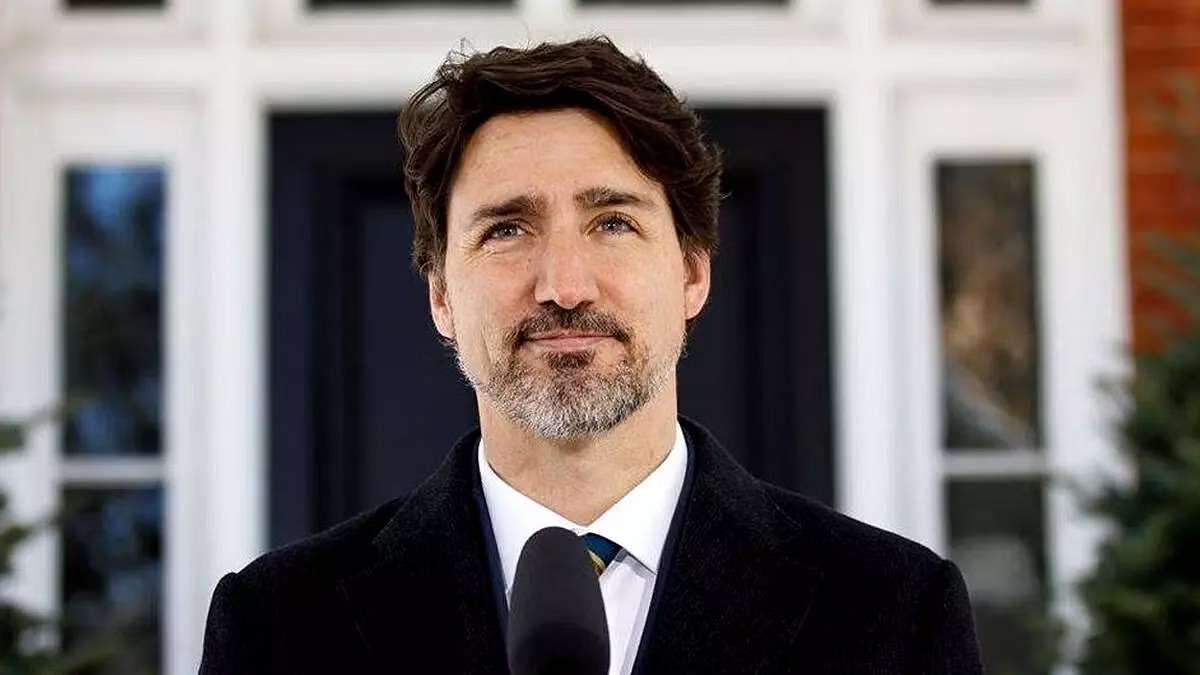
In a recent diplomatic exchange, Canadian Prime Minister Justin Trudeau remarked on what he perceived as a ‘tonal shift’ in relations with India. This statement, however, has drawn a robust response from New Delhi, emphasizing a longstanding concern regarding Canada’s tolerance for separatists, terrorists, and anti-India elements within its borders.
The Persistent Issue: Canada’s Tolerance for Extremists
The Ministry of External Affairs (MEA) spokesperson, Arindam Bagchi, reiterated India’s consistent stance on the matter. He emphasized the crux of the problem, pointing to the space afforded to extremists, terrorists, and elements opposing India’s interests within Canada.
Trudeau’s assertion of a ‘tonal shift’ stemmed from the United States accusing Indian government officials of orchestrating the murder of separatist Gurpatwant Singh Pannun. However, Bagchi highlighted that India’s position has remained unwavering, urging Canada to address extremist elements misusing the freedom of speech and expression provided by the country.
Examining the Depth of the Discord
The strained relations between India and Canada escalated when Trudeau accused Indian agents of conspiring to assassinate Khalistan separatist Hardeep Singh Nijjar in British Columbia. India vehemently rejected these charges, deeming them absurd.
Trudeau, acknowledging a shift in perspective, hinted at a newfound willingness to collaborate rather than confront. He expressed a realization that mere rhetorical attacks against Canada might not resolve the underlying issues. “We do not want to be in a situation of having a fight with India right now over this,” Trudeau added.
Unpacking the US Indictment
Trudeau’s commentary referenced a US indictment implicating a man named Nikhil Gupta, allegedly collaborating with Indian government employees to plot Pannun’s murder. The US claimed to have thwarted the alleged plan.
In response, External Affairs Minister S Jaishankar, on December 7, informed Parliament about India instituting an inquiry committee to investigate the information received from the US. However, he underscored that Canada’s allegations would not receive equitable treatment, as they failed to provide any supporting evidence.
The Road Ahead: Navigating Diplomatic Challenges
As the diplomatic discourse unfolds, both India and Canada find themselves at a crucial juncture. The divergence in perspectives and the underlying accusations have laid bare the need for a nuanced approach to resolve the simmering tensions.
Seeking Common Ground:
Despite the discord, there appears to be a glimmer of optimism in Trudeau’s acknowledgment of a potential shift in approach. The emphasis on collaboration rather than confrontation signals a recognition that addressing the core issues requires a joint effort. As both nations navigate these complexities, finding common ground becomes paramount.
Reassessing Strategies:
Trudeau’s acknowledgment of a changing dynamic prompts a reassessment of strategies on both sides. Canada, in particular, may need to reconsider its approach to handling separatist elements on its soil. Addressing India’s concerns by taking concrete actions against extremists misusing their freedoms could pave the way for a more amicable relationship.
International Implications:
The involvement of the United States adds an additional layer of complexity to this diplomatic puzzle. The US indictment, coupled with India’s commitment to investigating the matter, places the situation on an international stage. How these nations navigate their alliances and commitments will likely shape the narrative in the coming days.
Evidentiary Expectations:
One critical aspect that continues to cast a shadow over this dispute is the lack of evidence provided by Canada to substantiate its allegations. Minister S Jaishankar’s assertion that Canada’s claims won’t receive equitable treatment without evidence underscores the importance of transparency in diplomatic exchanges. Clarity on the alleged conspiracy is vital for building trust and moving towards a resolution.
Diplomatic Prudence:
In the realm of international relations, prudence and diplomatic finesse are essential. Both India and Canada must tread carefully to prevent further escalation. A proactive and transparent dialogue, backed by tangible actions, can pave the way for rebuilding trust and mitigating the existing tensions.
The Path Forward:
The road ahead is uncertain, but it presents an opportunity for diplomatic maneuvering that could redefine the relationship between India and Canada. Collaboration, transparency, and a commitment to addressing mutual concerns can lay the foundation for a more robust and harmonious partnership.
In conclusion, the ball is now in the court of both nations to navigate this diplomatic challenge with sagacity and resolve. The global community watches with anticipation as India and Canada determine the path forward, hoping for a resolution that fosters understanding and cooperation.


